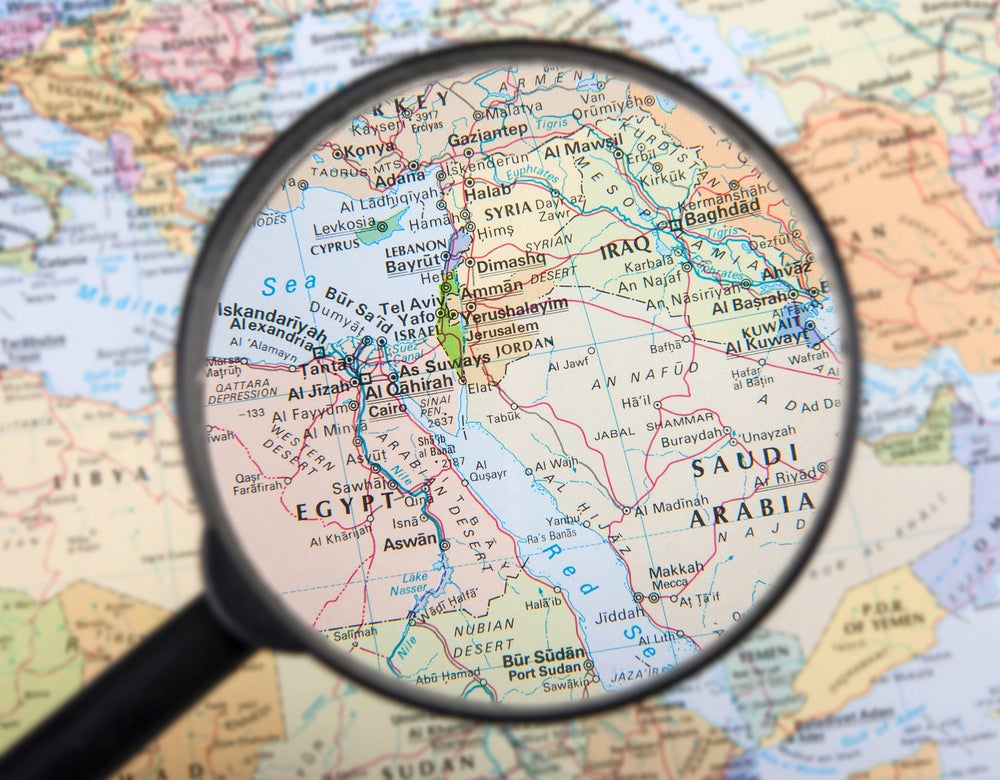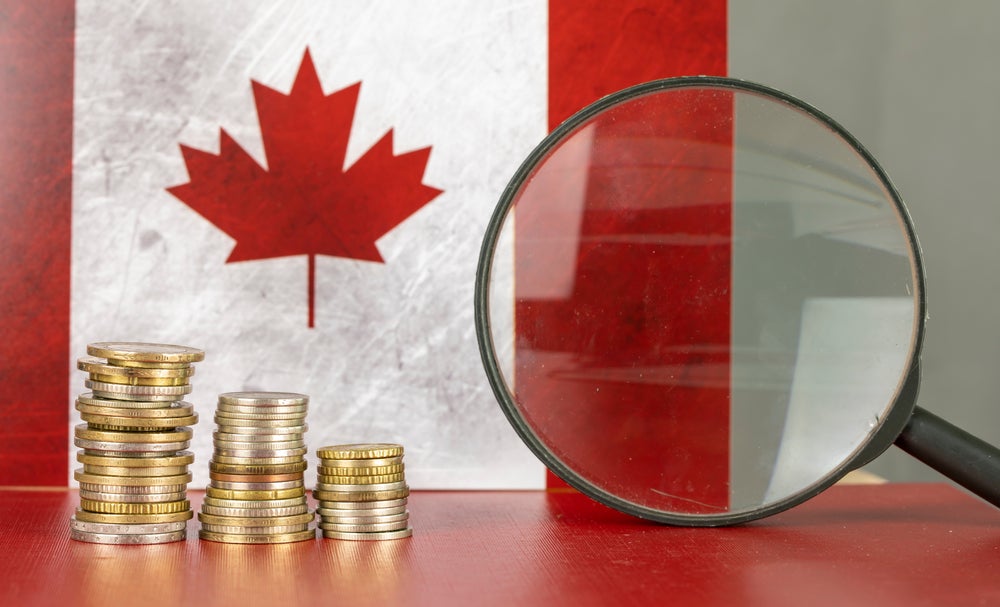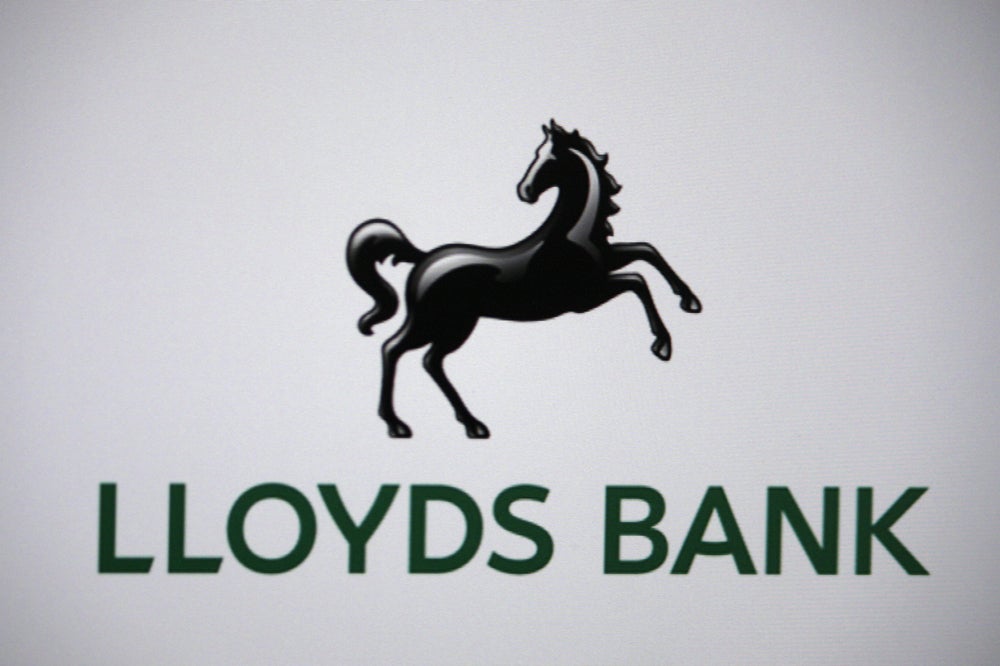
Use of cash for consumer payments remains prevalent among Nigerians, especially in rural areas. This is primarily a result of limited public awareness of other instruments, and limited access to banking infrastructure.
However, the Central Bank of Nigeria has taken steps to improve the situation, with its Financial System Strategy 2020 focusing on bringing unbanked consumers into the banking system, and promoting electronic payments.
Banks are also attempting to address the issue by launching basic and low-cost accounts, expanding the payments infrastructure, and making efforts to change consumer payment habits.
A rise in the economically active population, the growth of digital-only banks, the growing popularity of online shopping, the gradual acceptance of cards among retailers, and the proliferation of new payment solutions will help drive electronic payments in Nigeria.
More than half of Nigeria’s overall population is unbanked, and banks are striving to widen access to formal financial services to satisfy the central bank’s financial inclusion programme.
 Access Bank launched the Smart Saver initiative in Nigeria in January 2016 with telecoms operator Airtel Nigeria, allowing Airtel subscribers to open accounts with the bank via mobile phone. Similarly, United Bank for Africa and Visa launched the SmartMoney banking service in 2016, with a prepaid card and a mobile app enabling users to make in-store and online purchases, and withdraw cash from ATMs.
Access Bank launched the Smart Saver initiative in Nigeria in January 2016 with telecoms operator Airtel Nigeria, allowing Airtel subscribers to open accounts with the bank via mobile phone. Similarly, United Bank for Africa and Visa launched the SmartMoney banking service in 2016, with a prepaid card and a mobile app enabling users to make in-store and online purchases, and withdraw cash from ATMs.
How well do you really know your competitors?
Access the most comprehensive Company Profiles on the market, powered by GlobalData. Save hours of research. Gain competitive edge.

Thank you!
Your download email will arrive shortly
Not ready to buy yet? Download a free sample
We are confident about the unique quality of our Company Profiles. However, we want you to make the most beneficial decision for your business, so we offer a free sample that you can download by submitting the below form
By GlobalDataCredit cards accounted for just 0.5% of the total payment cards value in 2017. To increase adoption, banks target less-risky segments such as salaried individuals and high-income consumers, and offer discounts, cashback, reward points and loyalty programmes.
For example, Ecobank Mastercard Advantage credit card holders receive discounts of 3–20% at partner retailers. In 2017, Access Bank launched a loyalty programme, Rewarding Every Act of Loyalty, that allows credit card customers to earn and redeem reward points on card purchases.
To boost Nigeria’s underpenetrated credit card market, financial services company O3 Capital Nigeria launched the country’s first non-bank credit card in September 2014. Naira-denominated credit cards are issued to consumers with a limit range of NGN100,000-1.5m ($277-4,166).
The card is issued free of charge, and offers an interest-free credit period of 15 days and a minimum monthly payment of 10%. The company set relatively relaxed qualification criteria: anyone aged above 21 years who is employed and lives in Nigeria can apply.
The Nigerian e-commerce market recorded a robust CAGR of 30.2%, rising from $333.2m in 2013 to $956.5m in 2017, although traditional instruments remain the preferred payment methods







